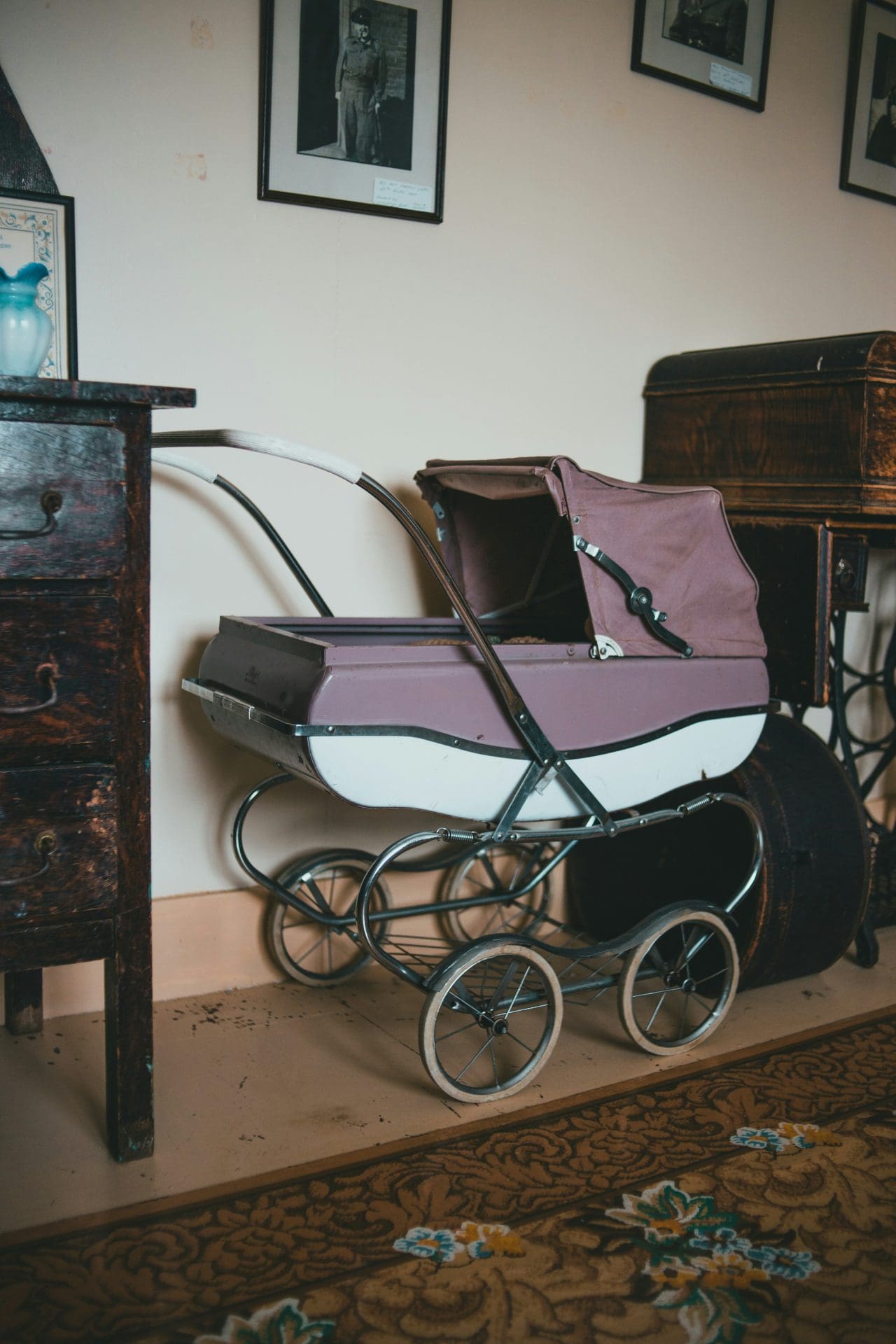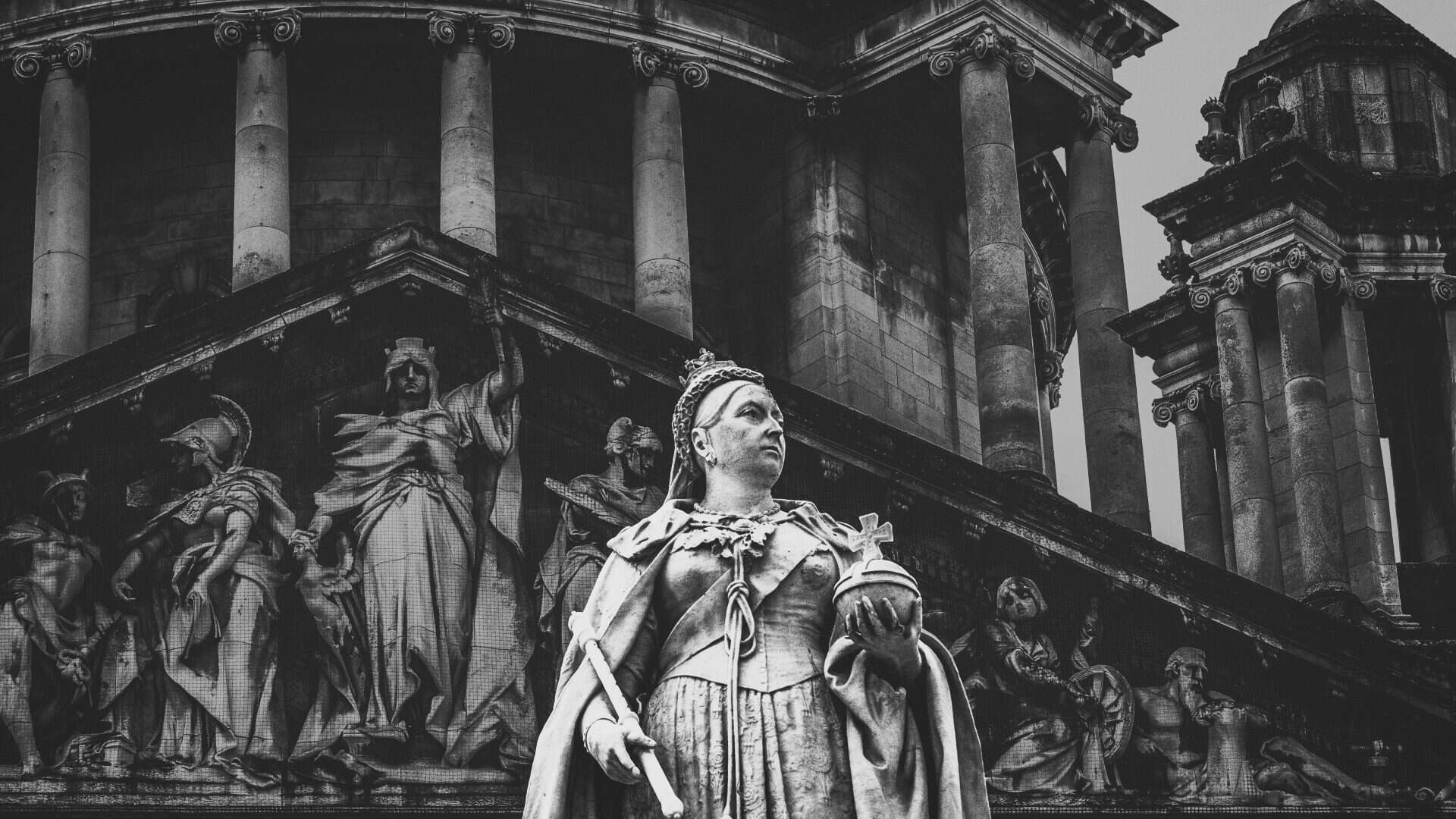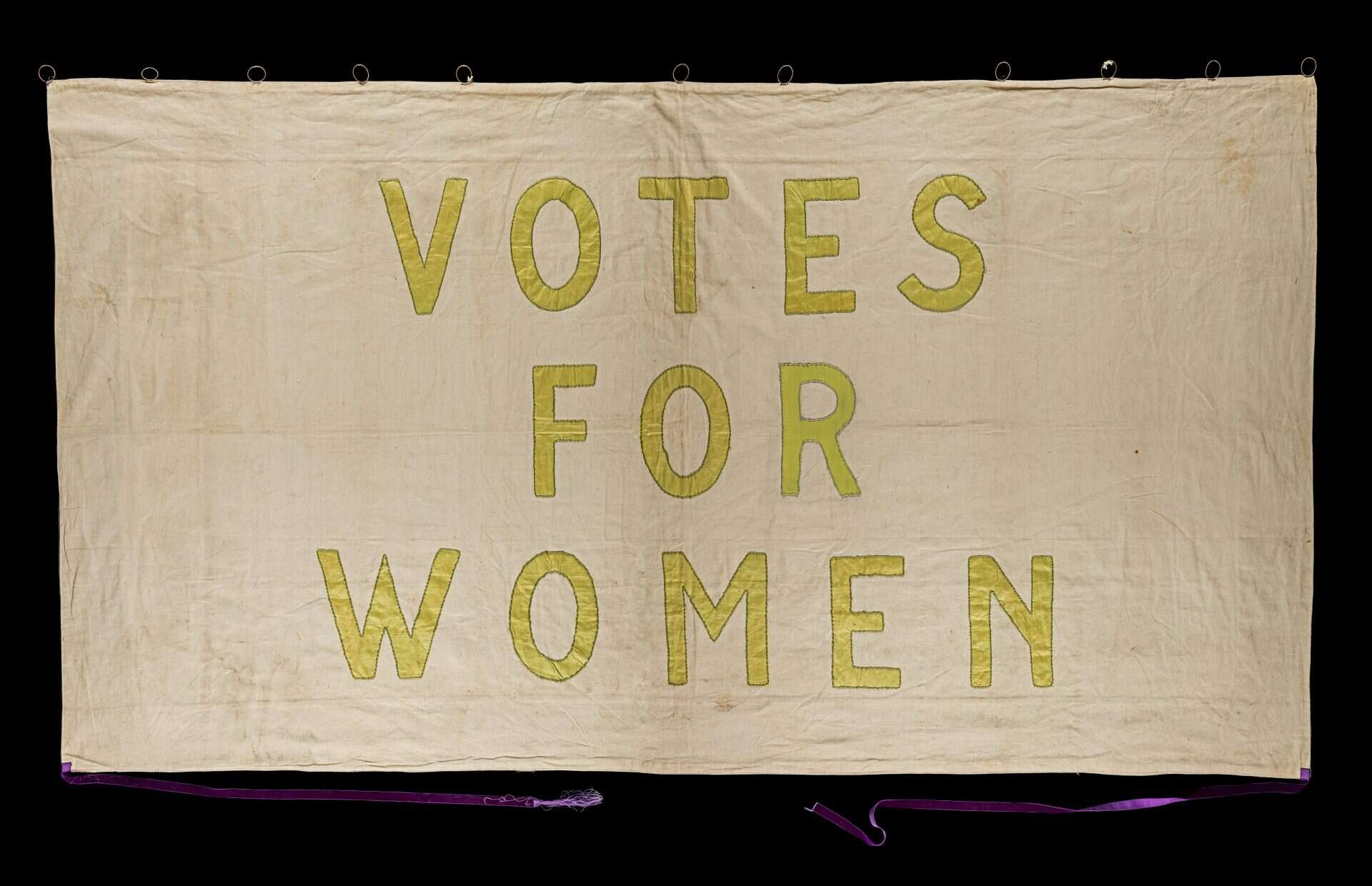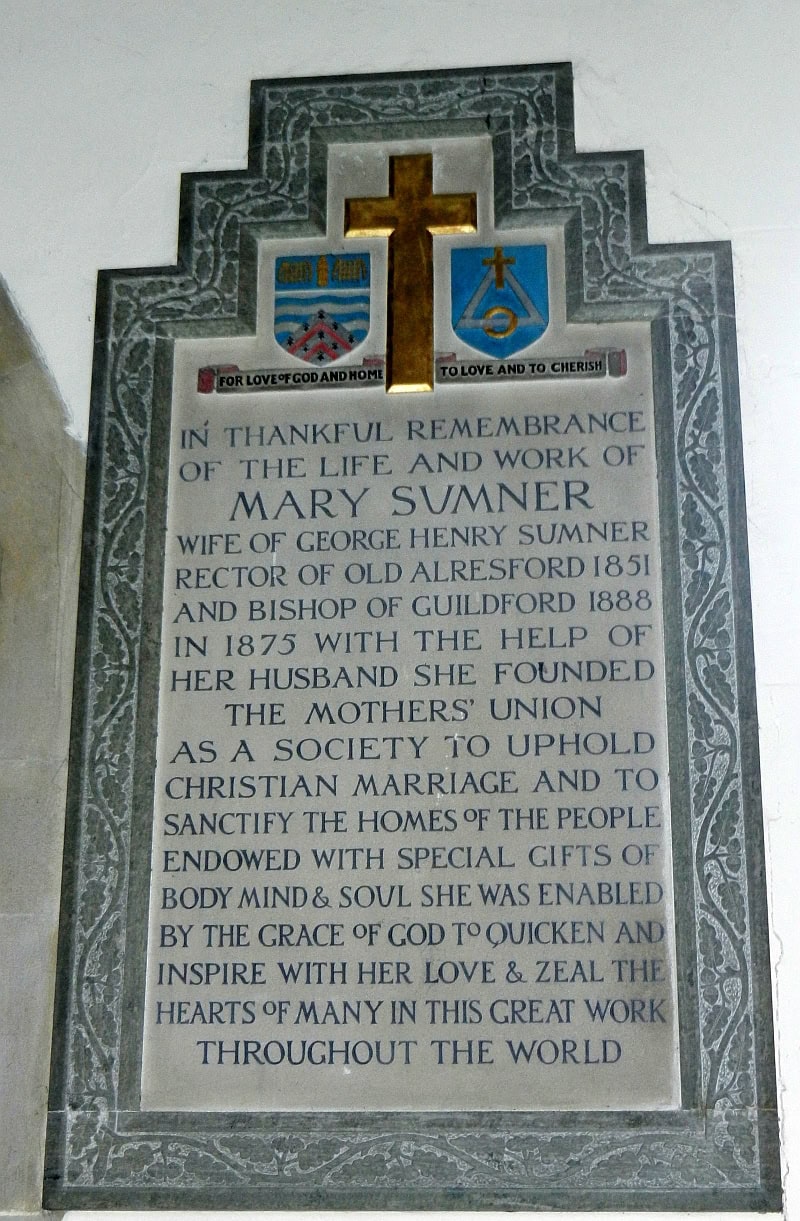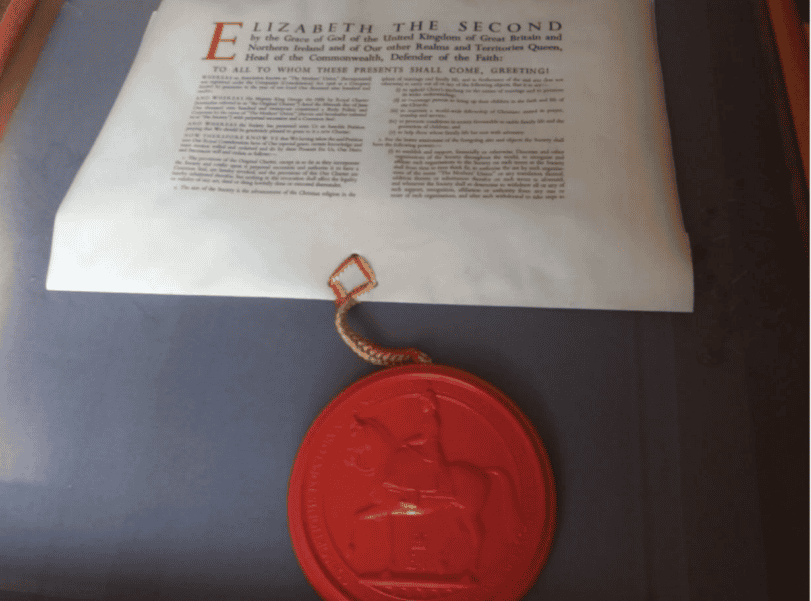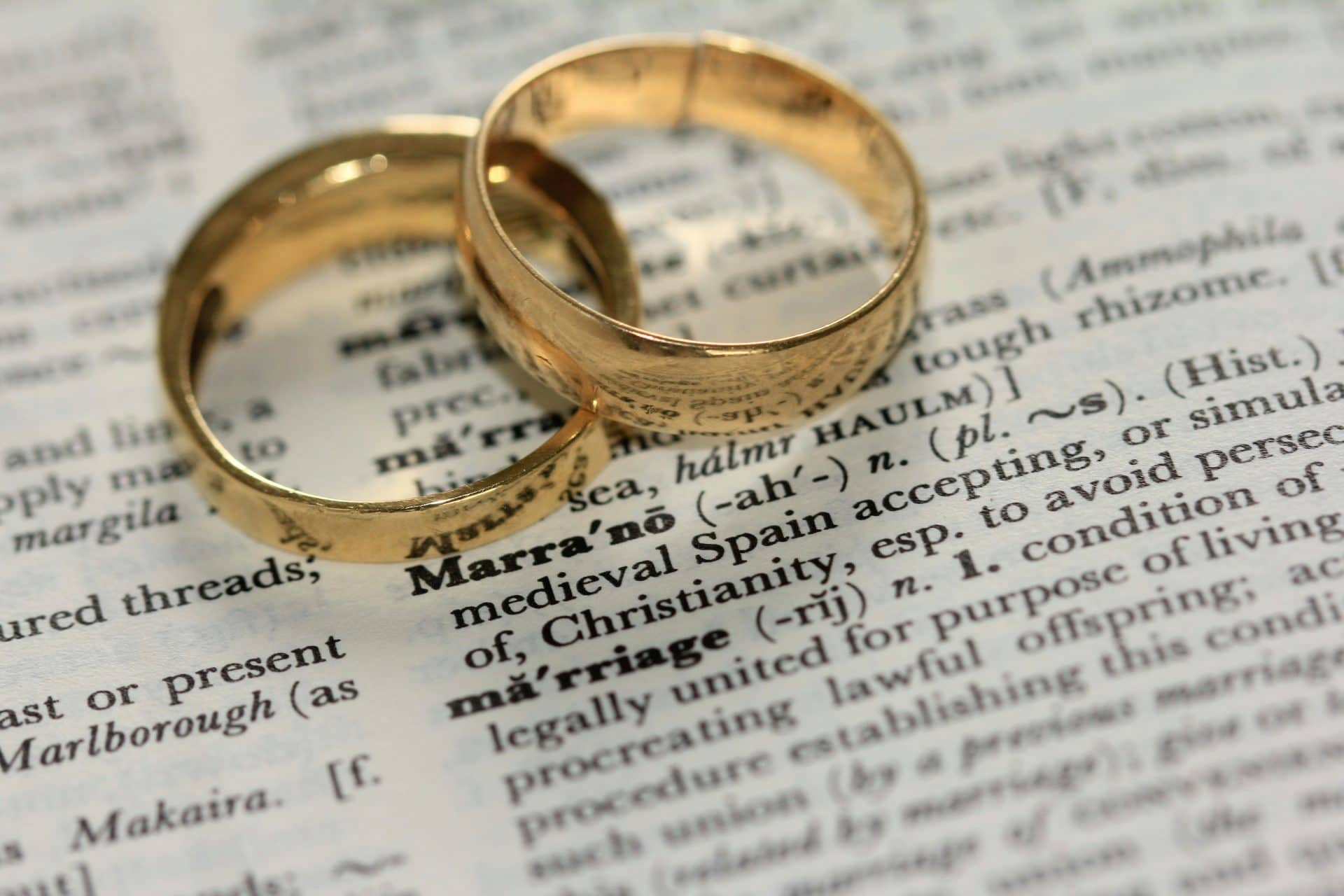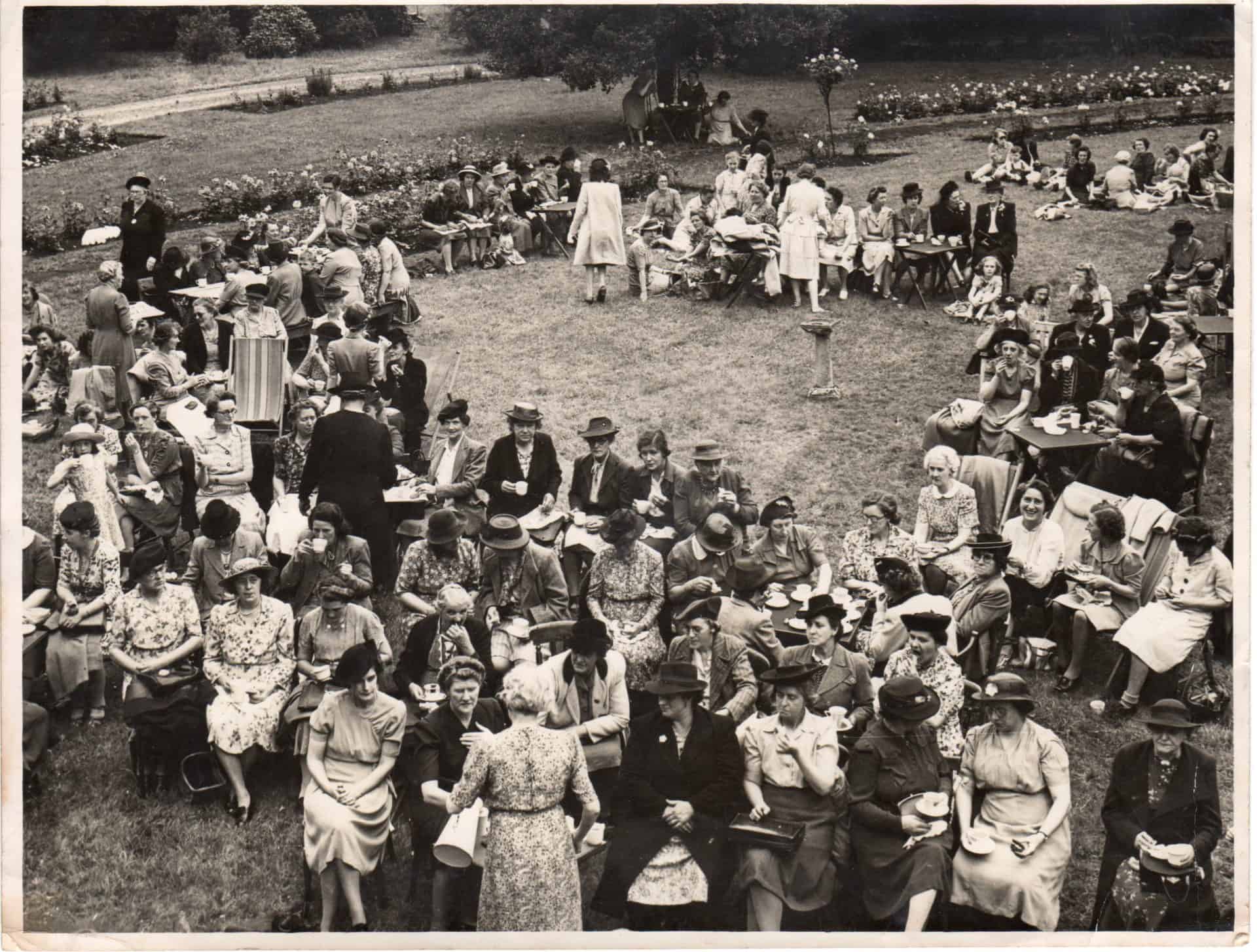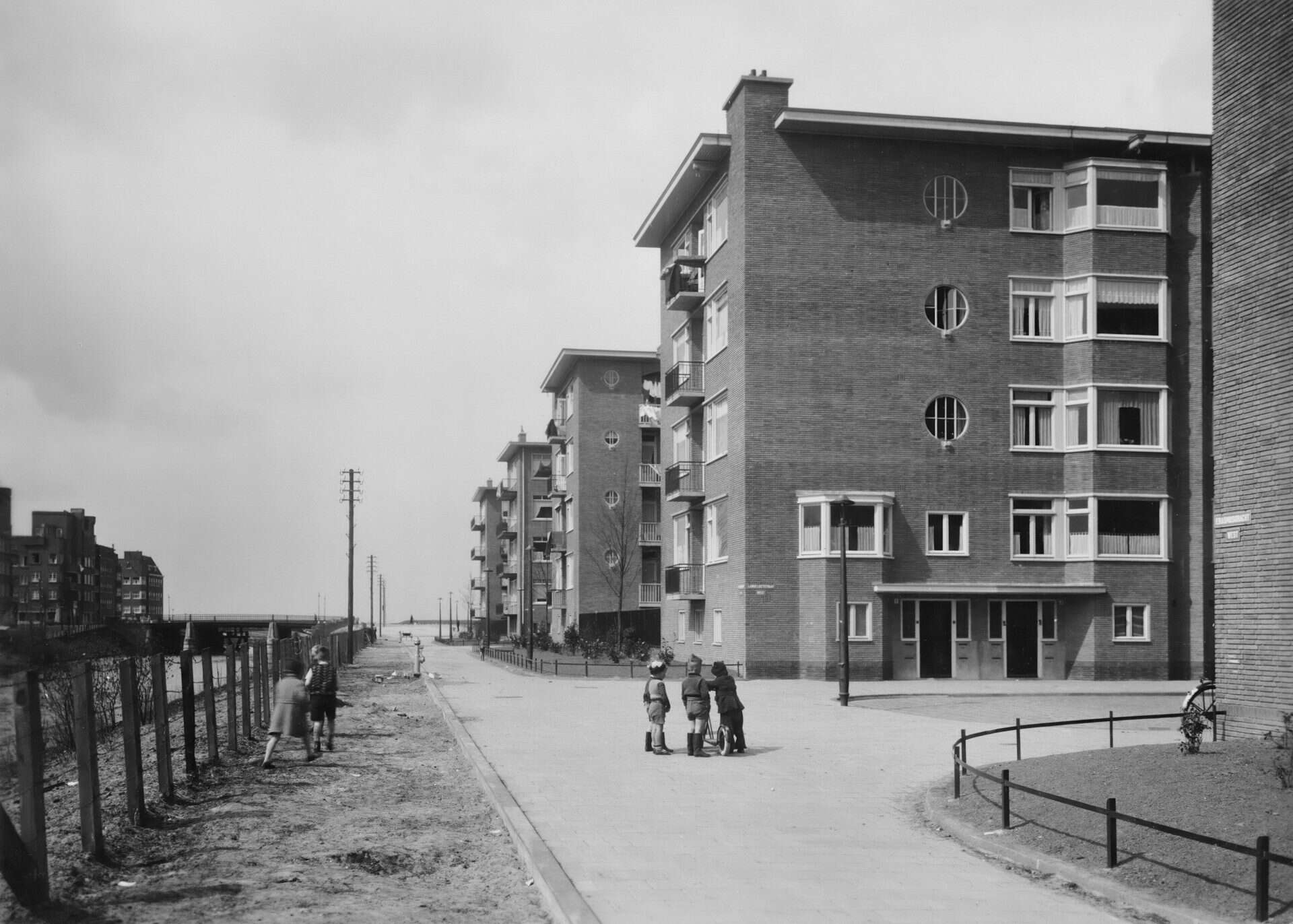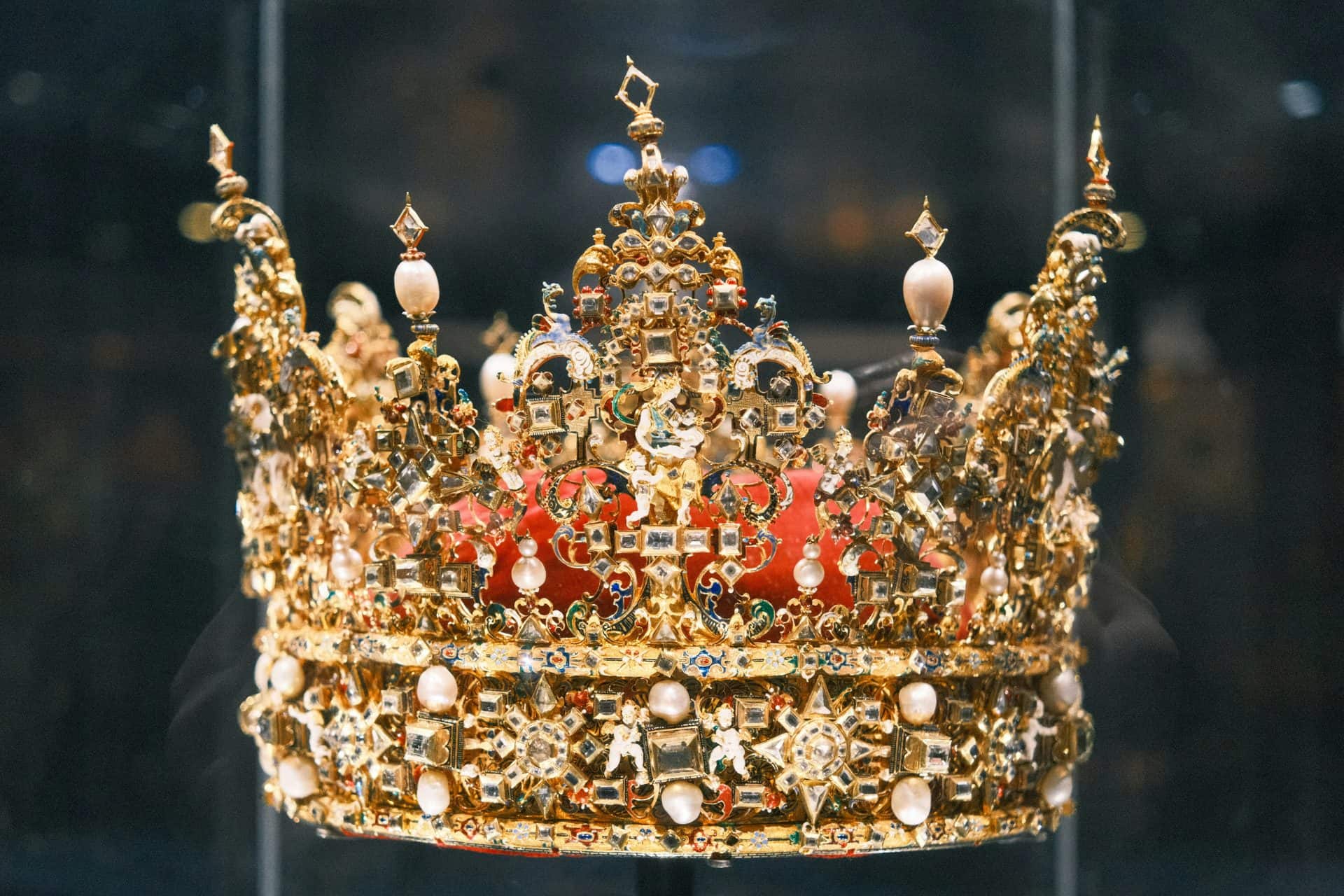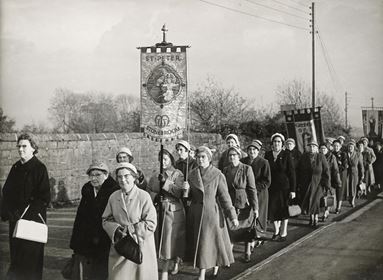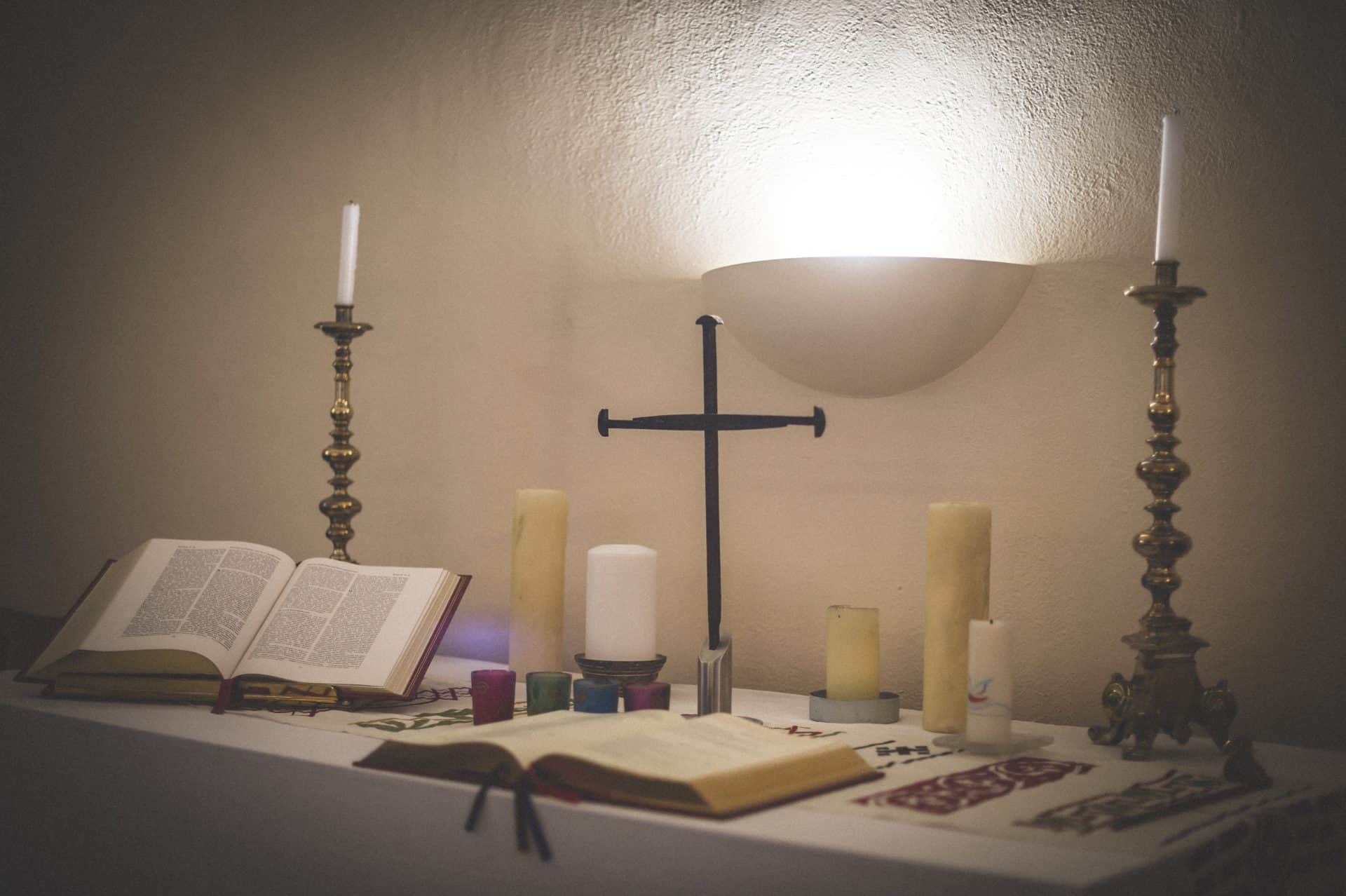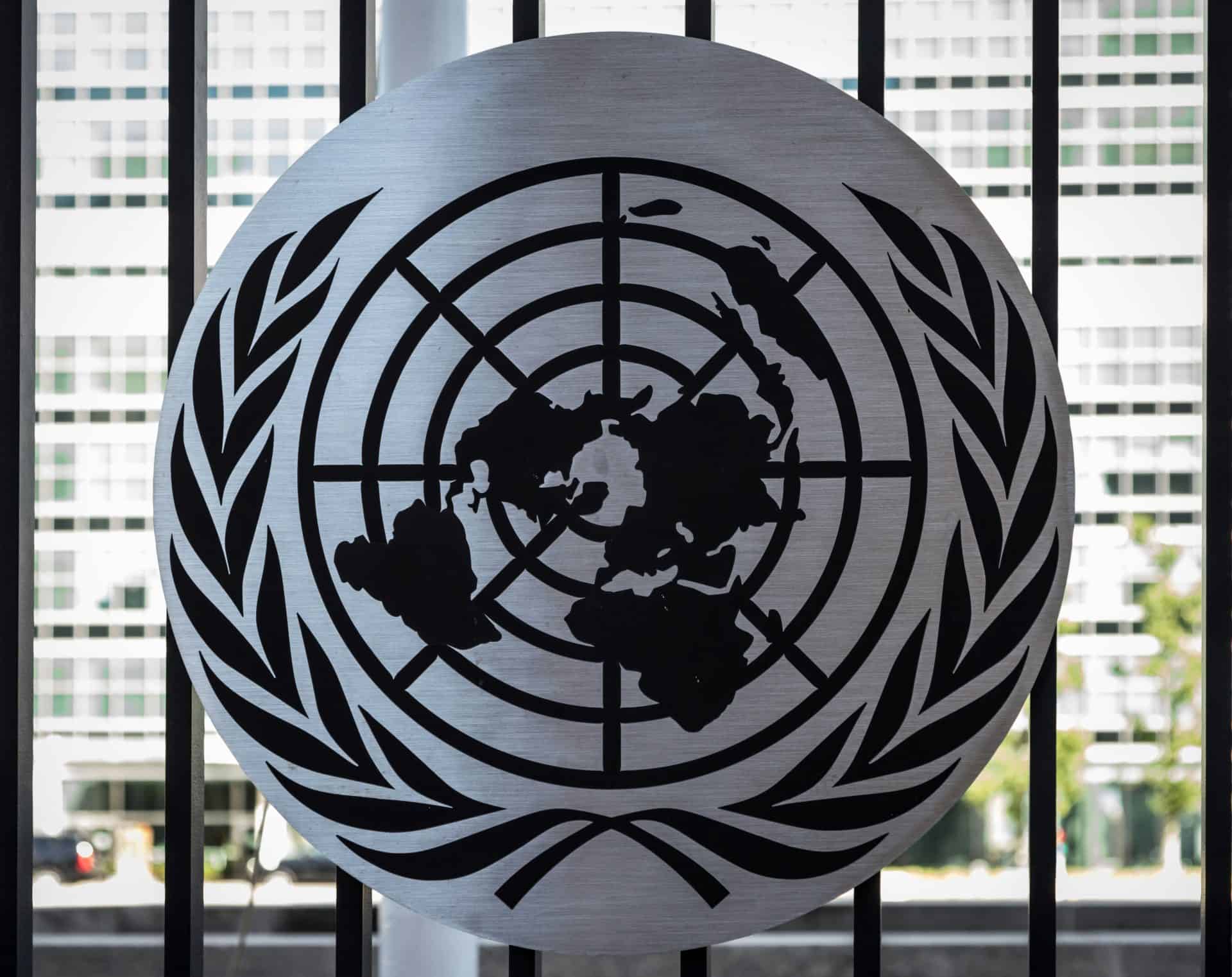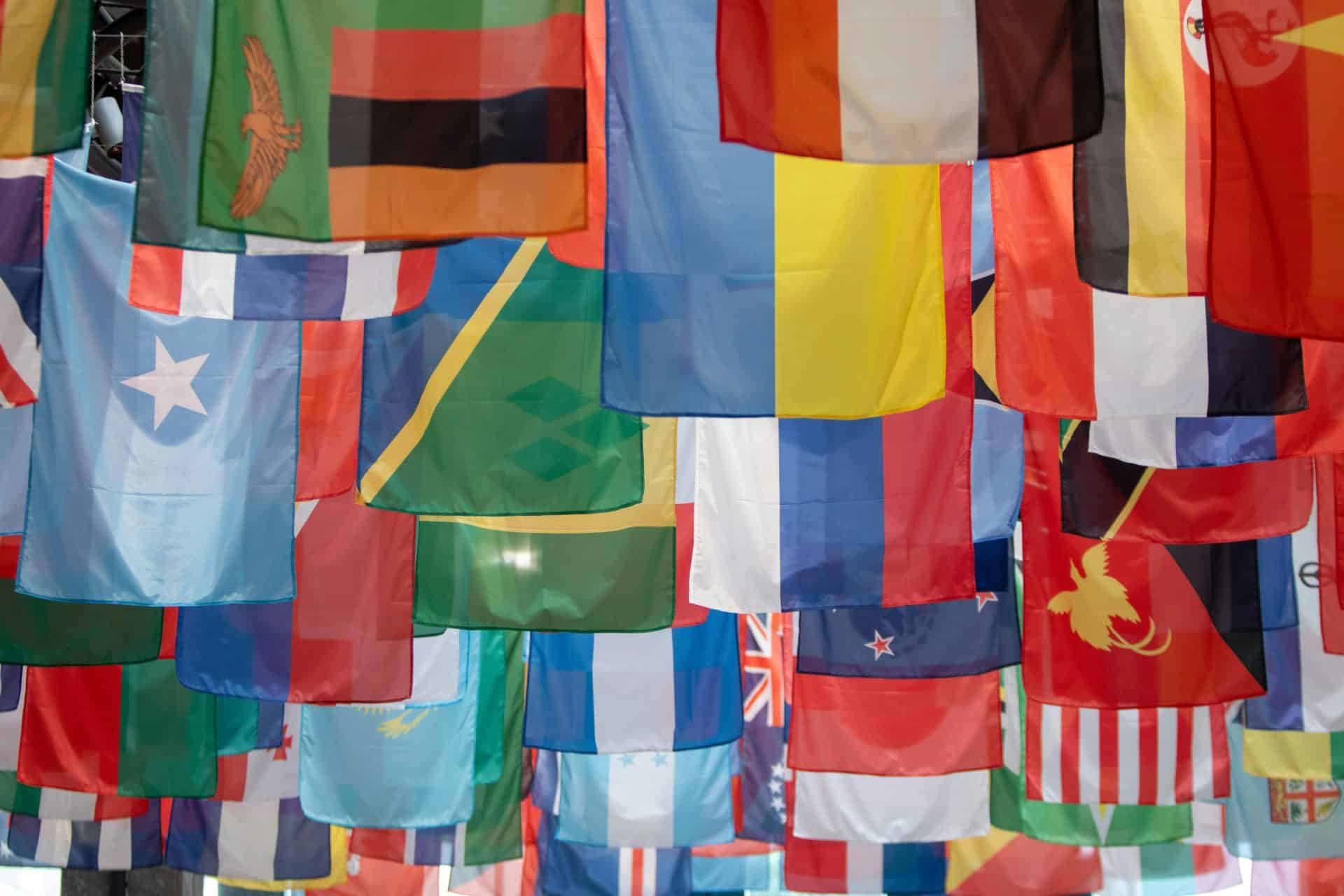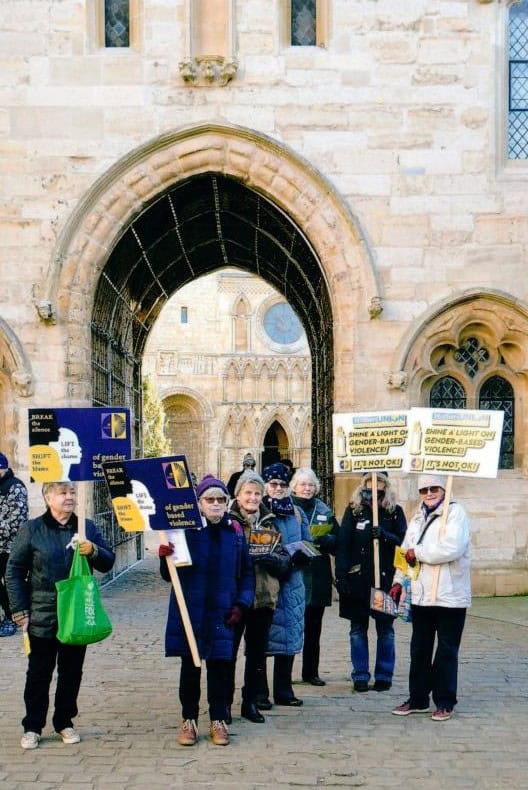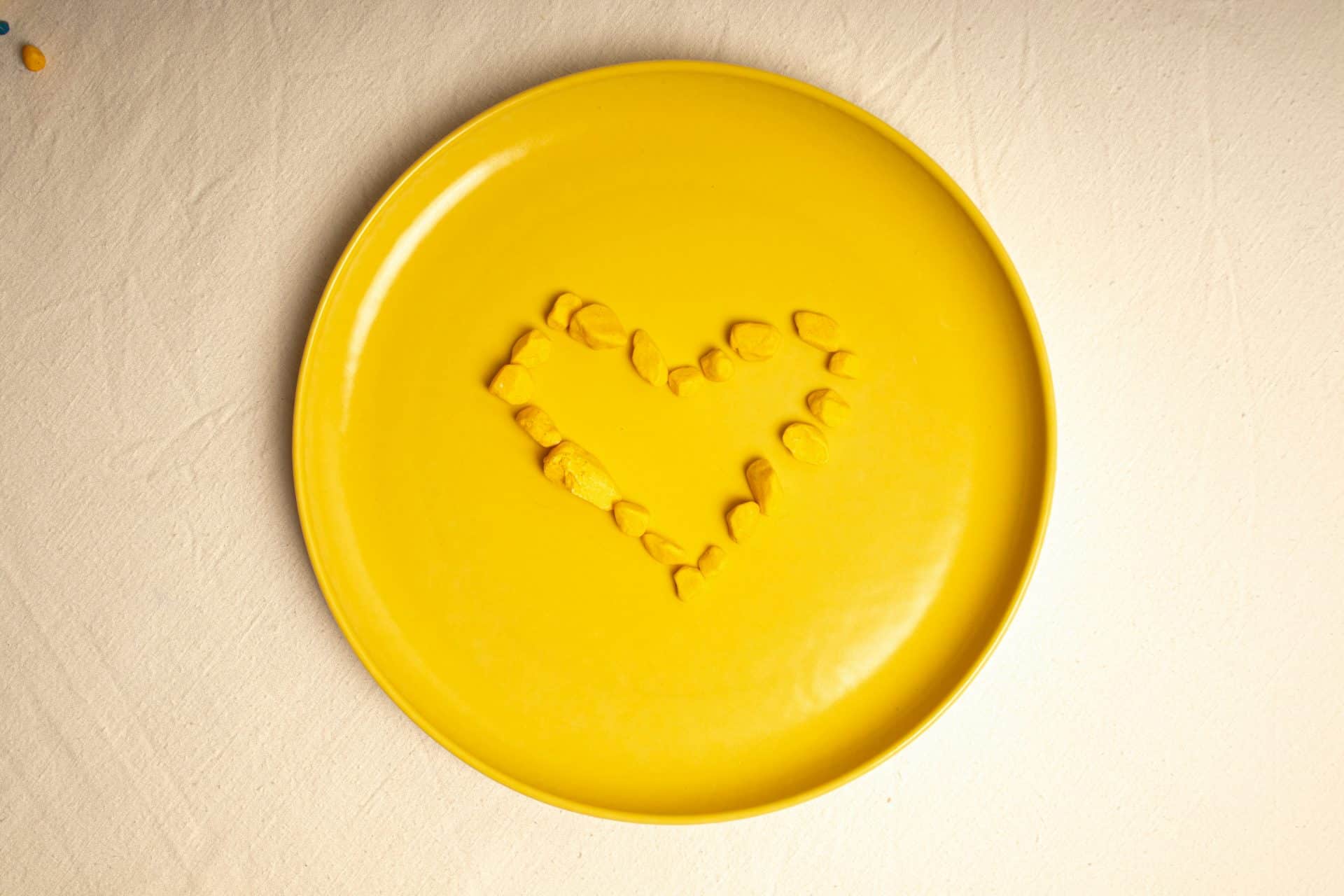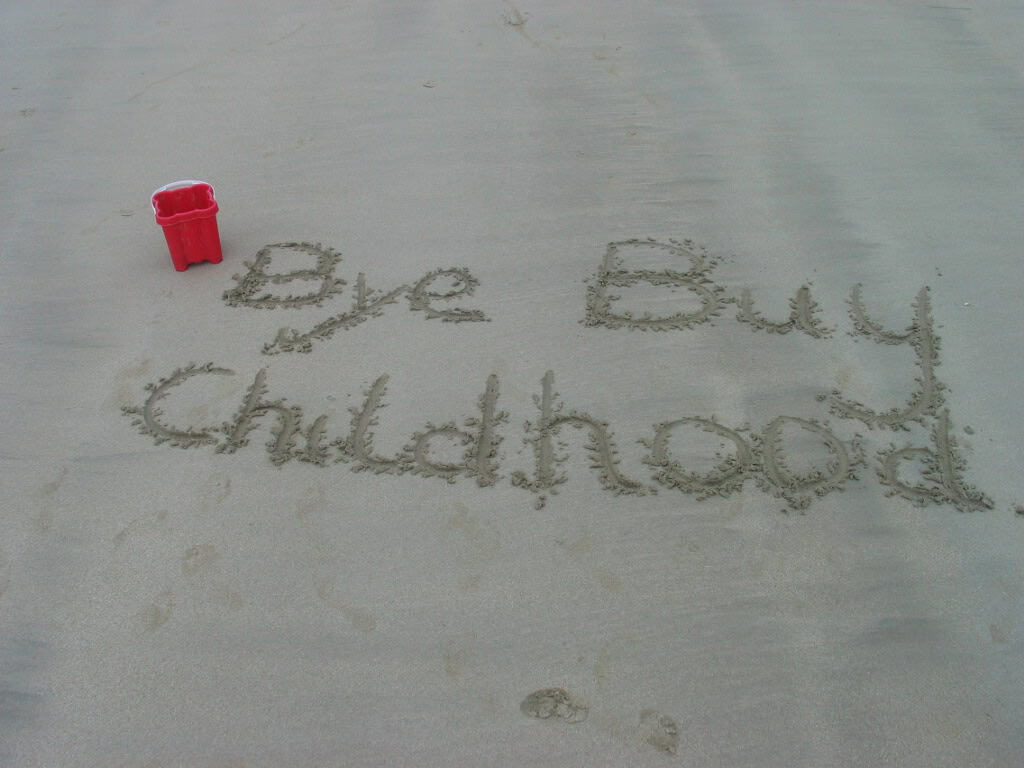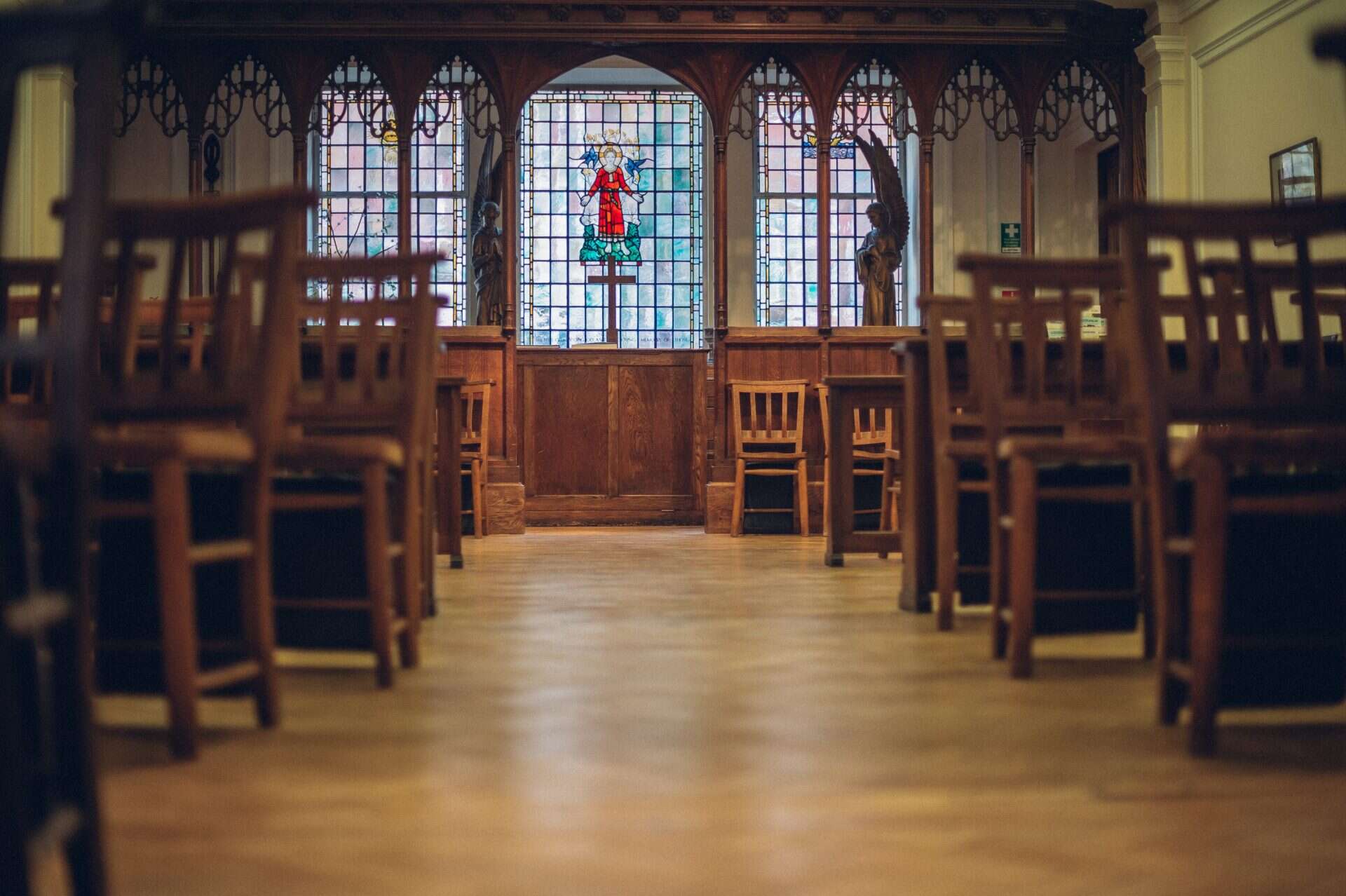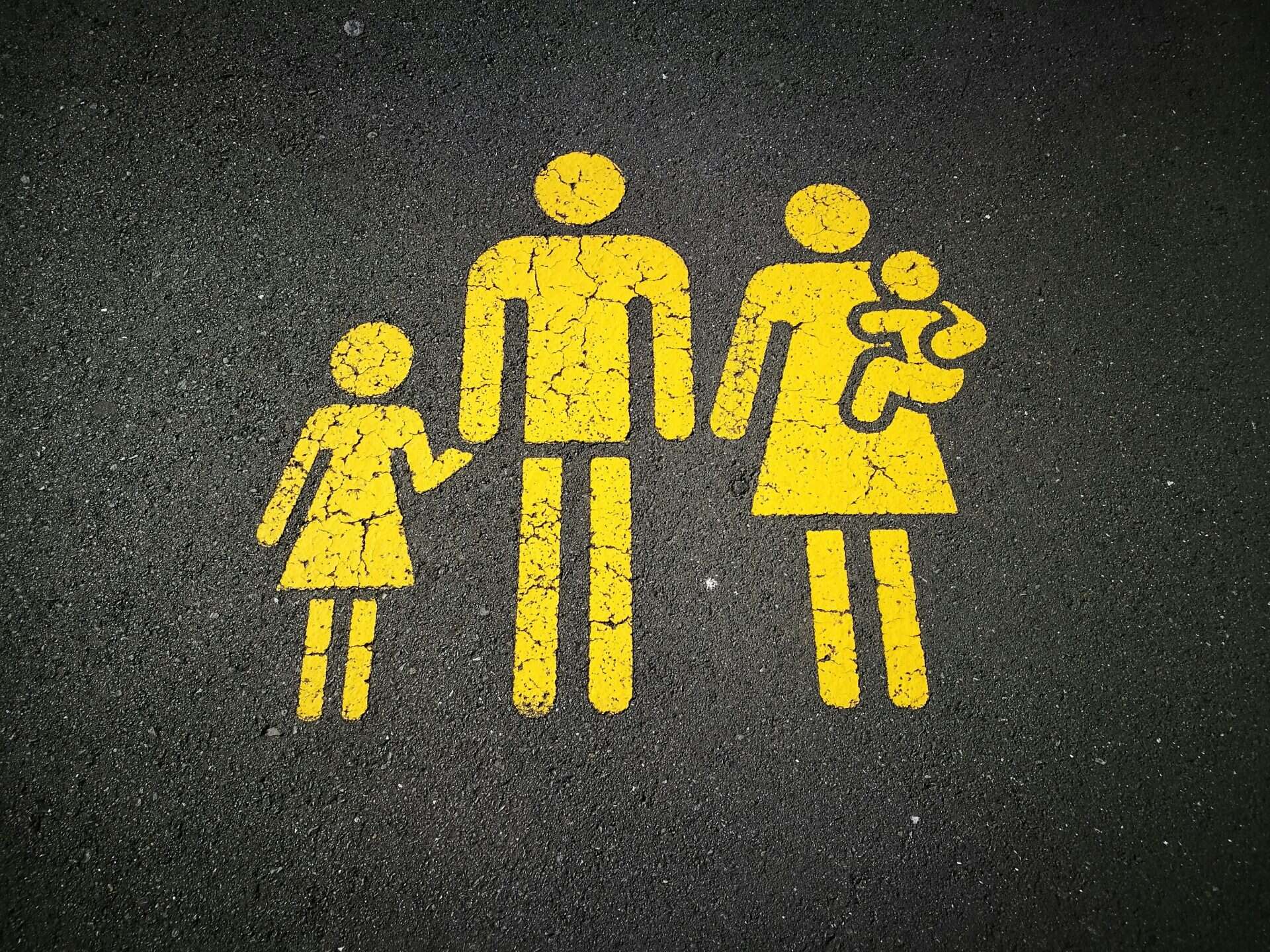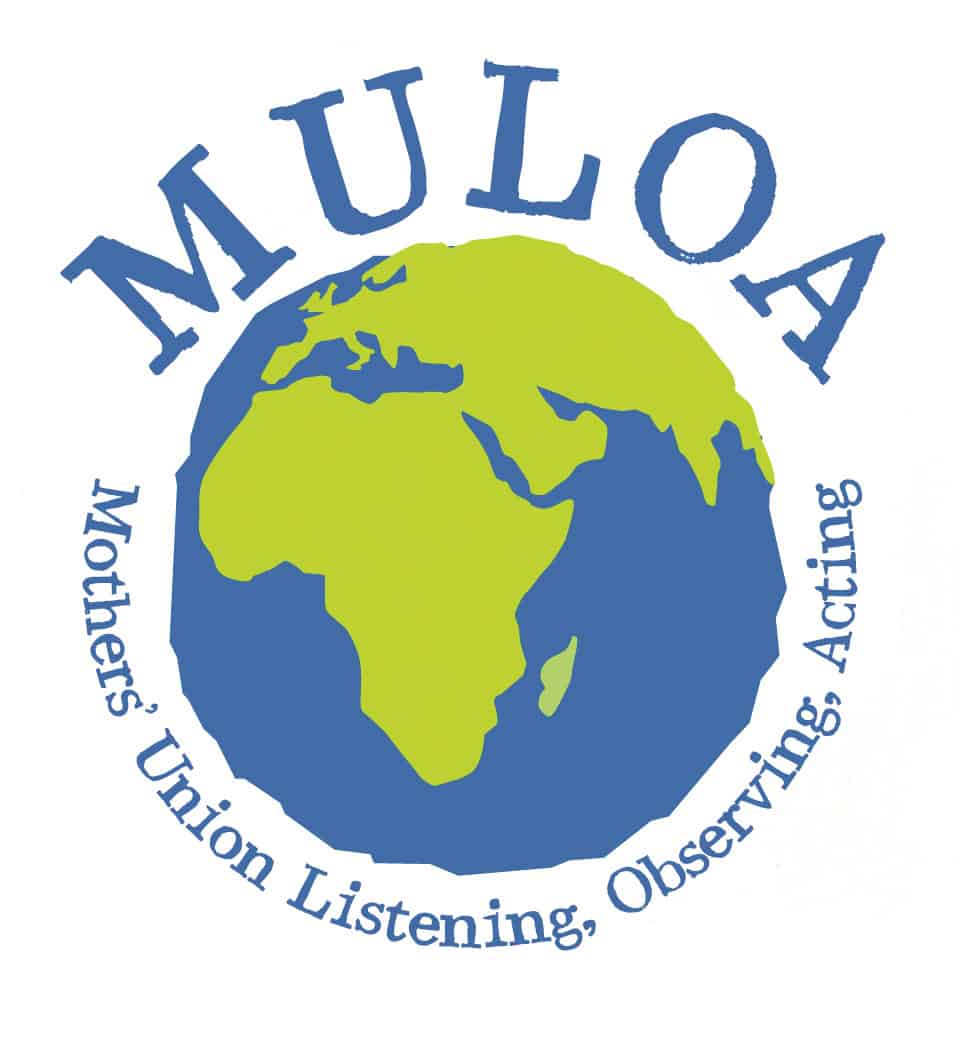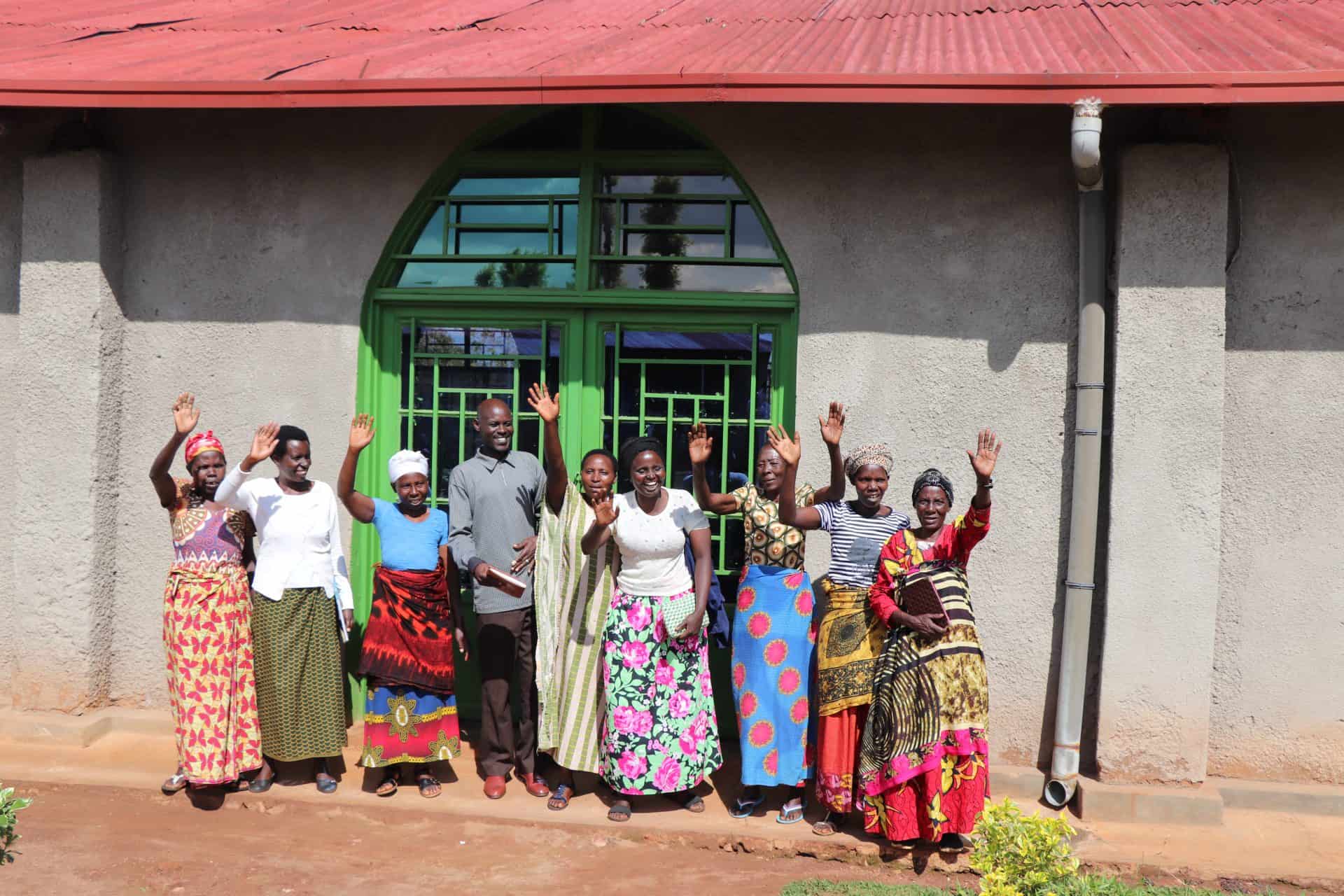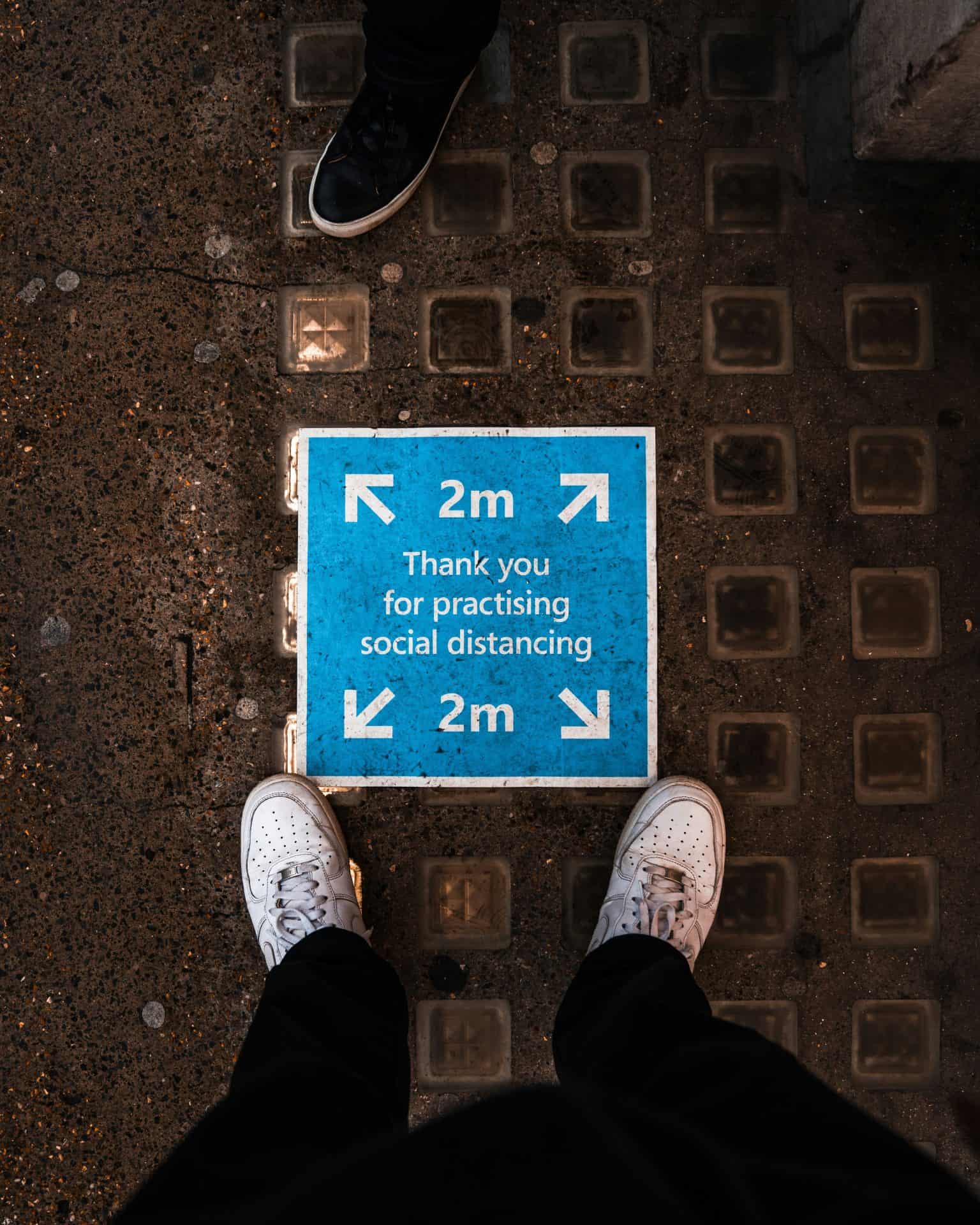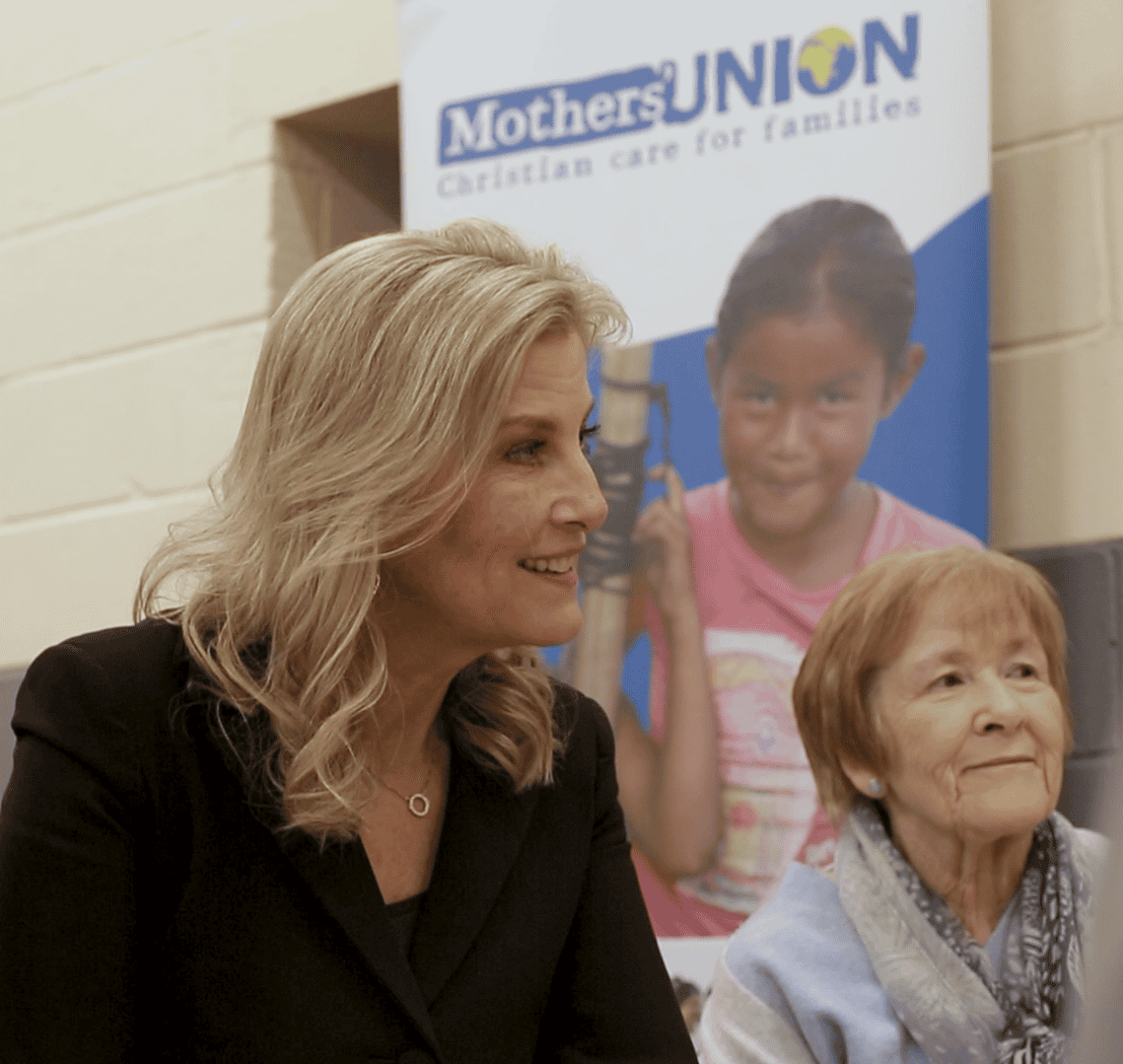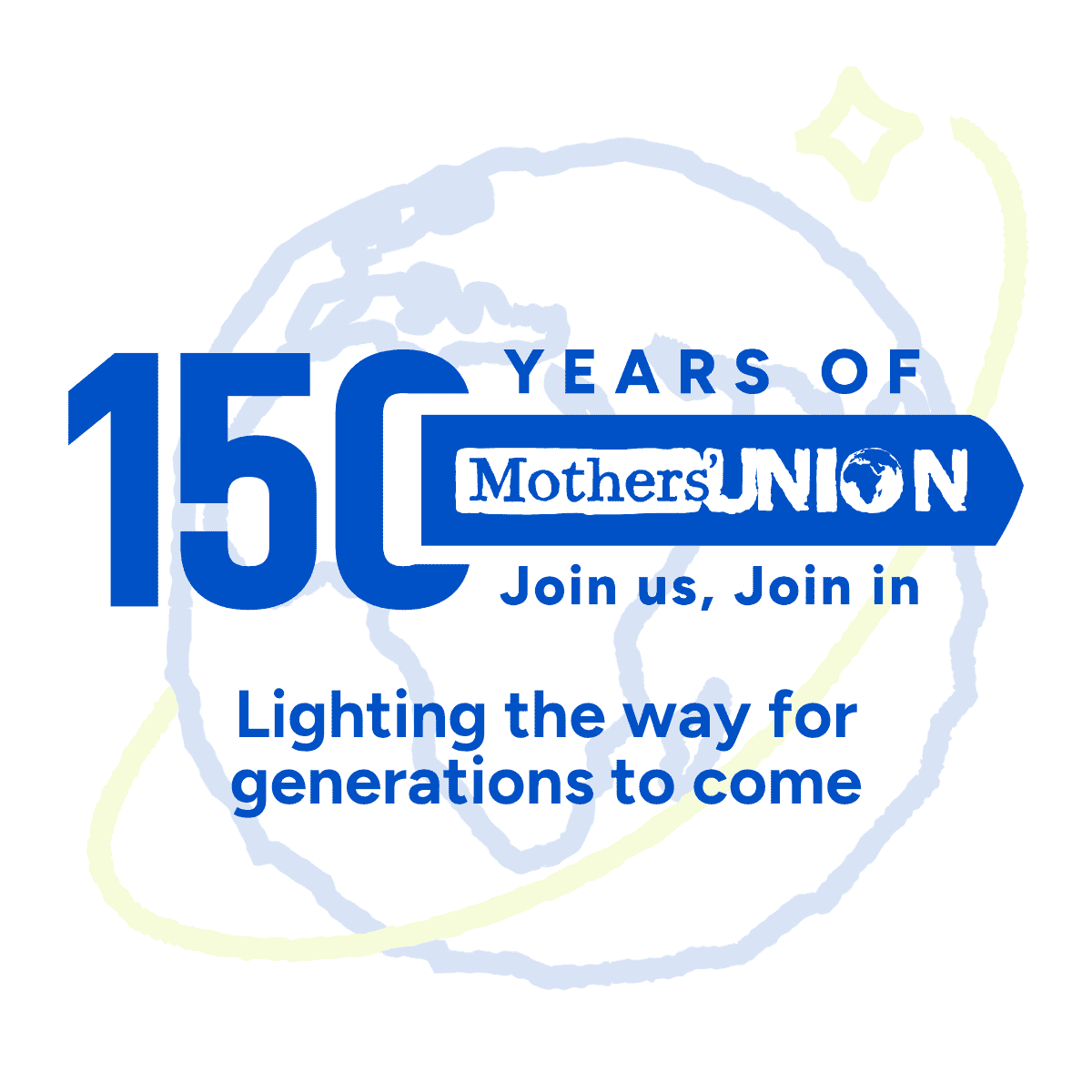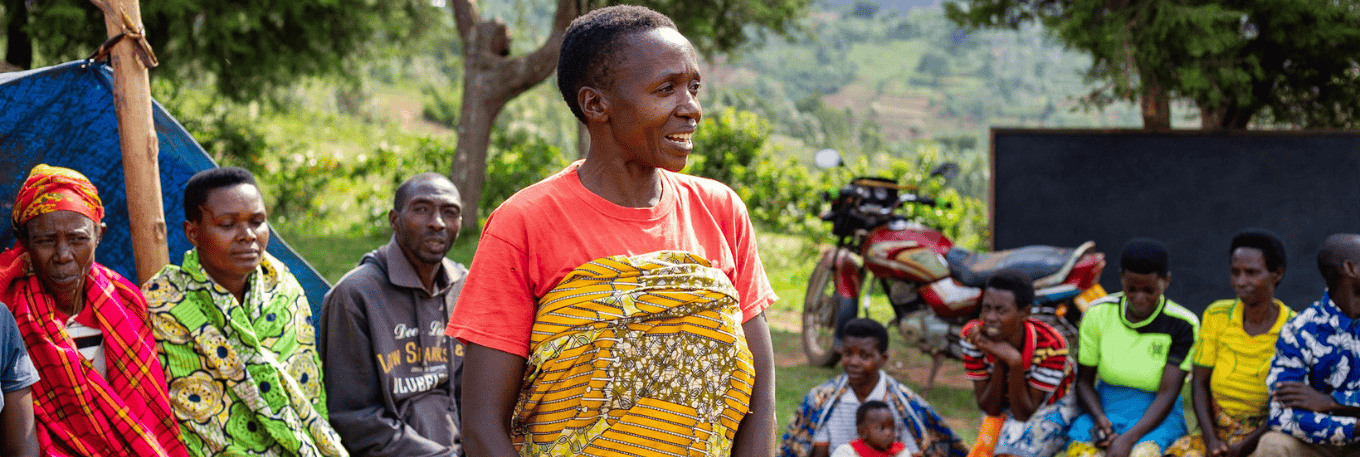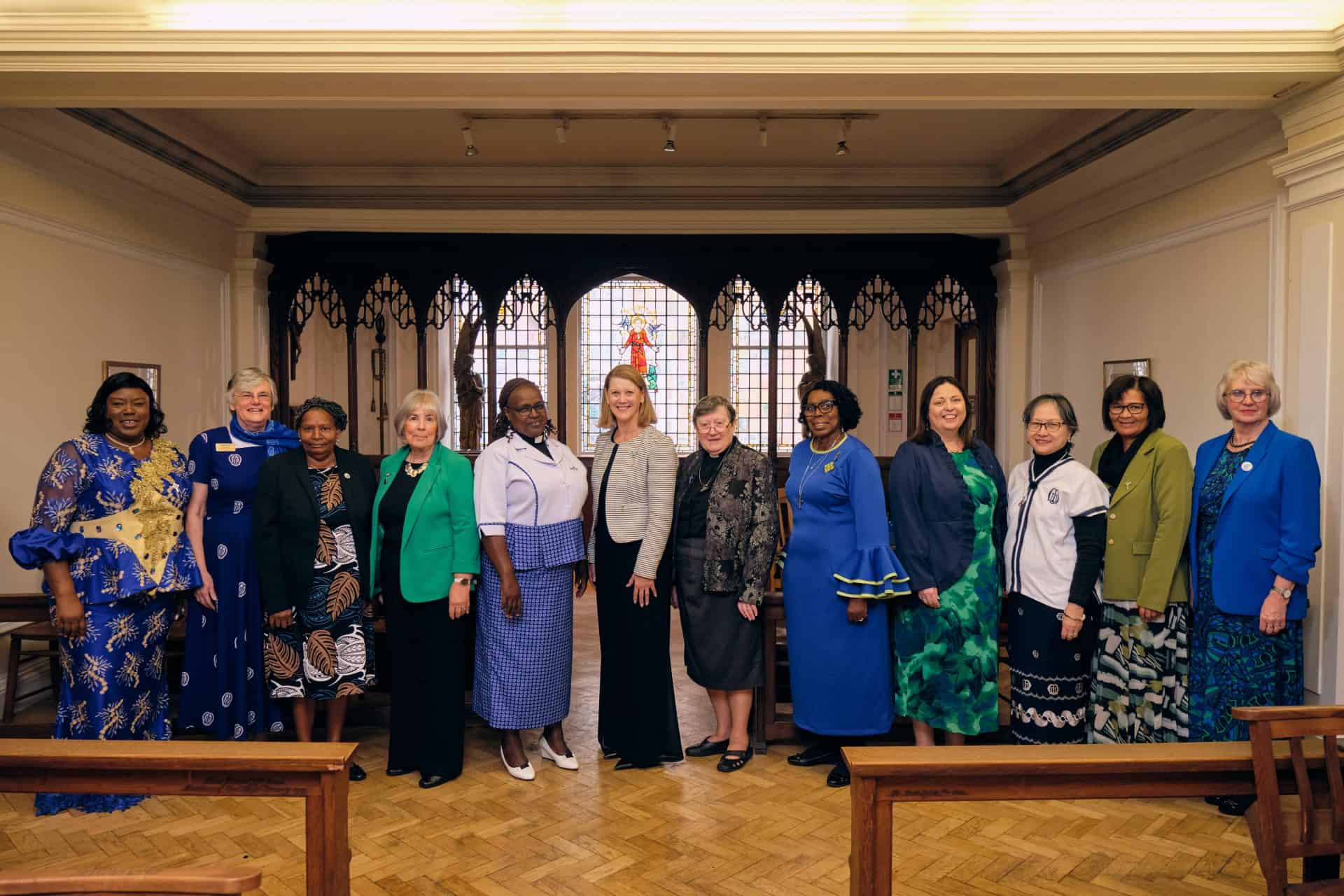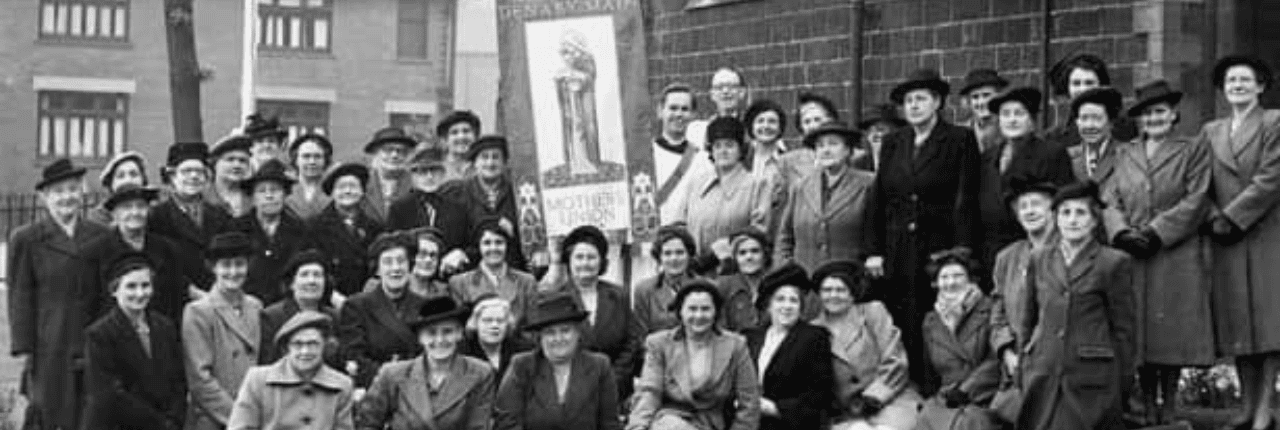
Our history
One of the first women-led organisations, transforming lives around the corner and the world since 1876
Our founder, Mary Sumner
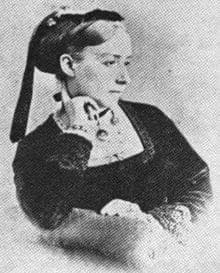
Mothers’ Union began in 1876. Mary Sumner, the wife of a rector in Hampshire, formed a group to support mothers from all backgrounds in bringing up their children. After delivering a speech in 1885 to the Portsmouth Church Congress, she inspired many women present to go back to their parishes and set up similar groups.
Over time, the groups that met as Mothers’ Union became embedded in their communities. They forged strong links with local people and the Anglican Church. They worked to support one another and give a voice to disadvantaged women while addressing wider societal issues. Driven by Mary Sumner’s passion for the role of women in bringing about a better society, the groups proved very popular.
By 1892, membership had reached 60,000 in 28 dioceses, which was to grow to 169,000 members by the turn of the century. In 1893, annual general meetings were organised, and, in 1896, Mothers’ Union Central Council was formed. Read more about our history in the timeline below.
Timeline
With 150 years of history and members across the globe, Mothers’ Union is a powerful movement for change.
What we're doing now
The movement today has millions of members worldwide, working together to solve challenges in their local communities. Find out more about what we’re doing now.
Our work


